The Quick Demise of B-44

Scientists have long been tracking the retreat of Pine Island Glacier, one of the main outlets where ice from the West Antarctic Ice Sheet flows into the ocean. Attention recently turned once again to the glacier when it calved a large new iceberg, named B-44. Just weeks later, the berg has broken apart.
The breach at Fire Island National Seashore, Video
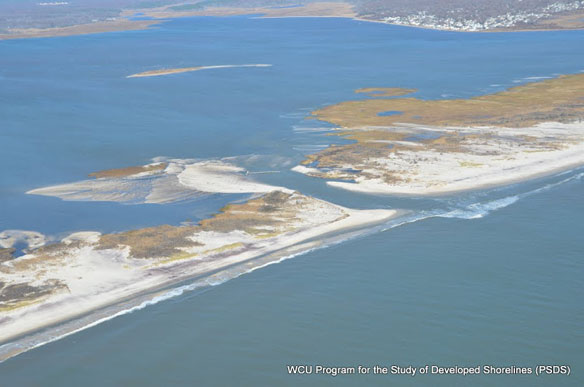
In 2012, Superstorm Sandy opened up a new inlet on Fire Island National Seashore. A video, showing how this storm-formed inlet has transformed water quality in the estuary.
The only answer to rising seas is to retreat; By Orrin H. Pilkey & Keith C. Pilkey
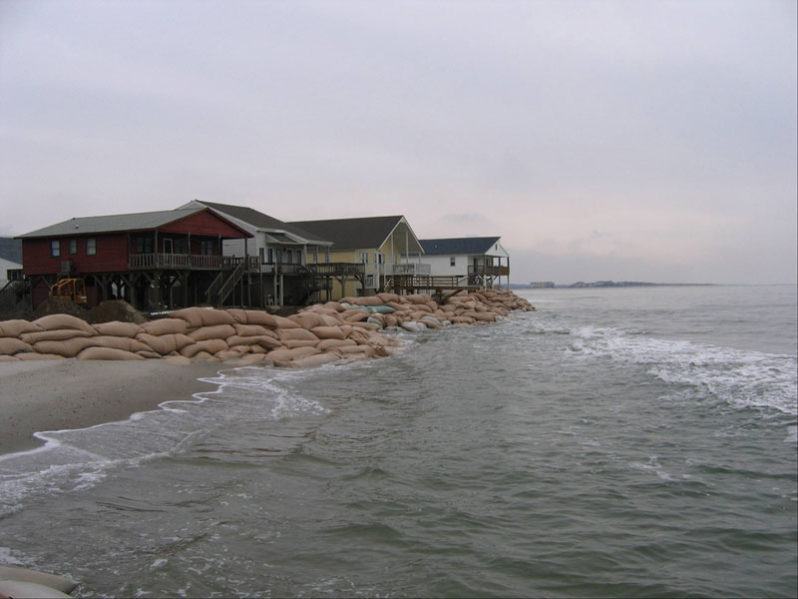
Except for the timing, there is no controversy among scientists regarding sea level rise. Defending the coast and holding the shoreline in place ultimately will be futile. With a three-foot or a six-foot sea level rise, we will retreat, probably beginning within the next 50 years.
Taste, not appearance, drives corals to eat plastics
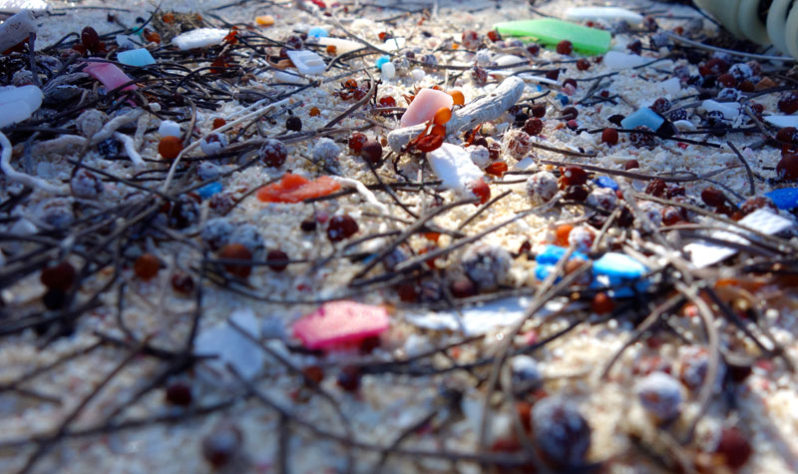
Scientists have long known that marine animals mistakenly eat plastic debris because the tiny bits of floating plastic might look like prey. But a new Duke University study of plastic ingestion by corals suggests there may be an additional reason for the potentially harmful behavior.
Sea levels to rise 1.3m unless coal power ends by 2050, report says
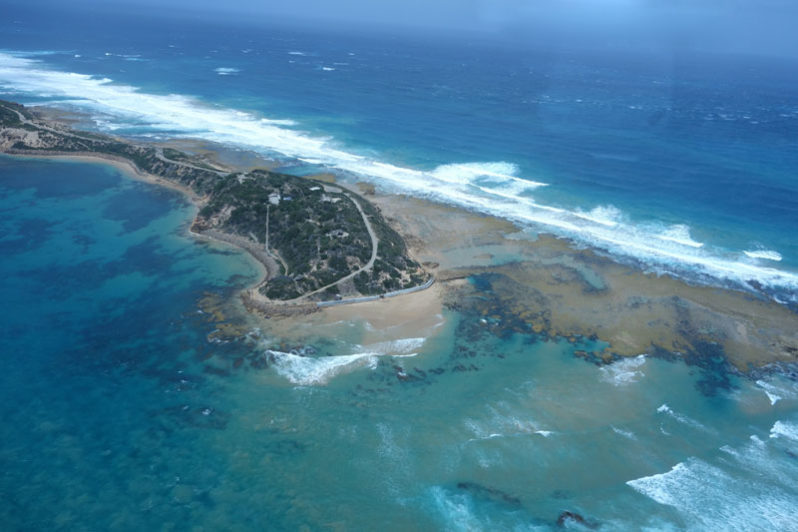
Coastal cities around the world could be devastated by 1.3m of sea level rise this century unless coal-generated electricity is virtually eliminated by 2050, according to a University of Melbourne new paper that combines the latest understanding of Antarctica’s contribution to sea level rise and the latest emissions projection scenarios.
Rising seas threaten nearly $1 trillion worth of US homes, and most of them are moderately priced
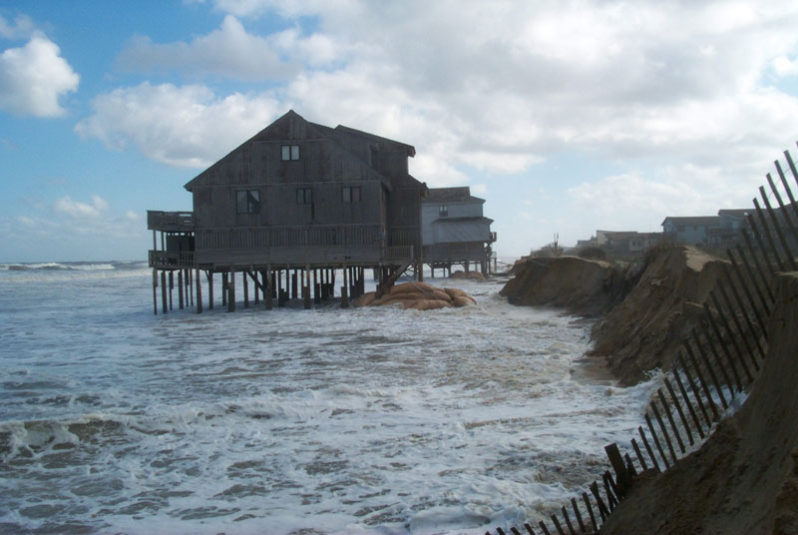
If sea levels were to rise 6 feet, 1.9 million homes, or $916 billion worth of U.S. residential real estate, could be lost, according to a new report.
Microplastics in the Baltic have not risen for 30 years

The concentration of microplastics in water and fish from the Baltic Sea has been constant for the past 30 years, despite a substantial increase in plastic production during the same period, report investigators.
Replacing Miami’s beach sands costs millions. Here’s how Congress intends to make it cheaper
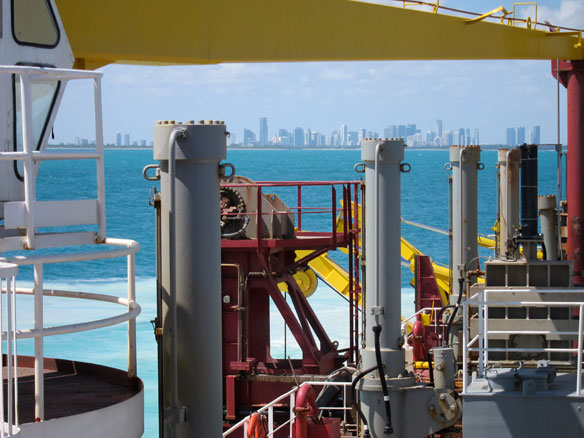
Miami is out of sand. Last year, Miami-Dade County depleted its offshore sand reserves, meaning miles of beaches that shrink from erosion must be replenished with sand from outside South Florida.
Drones used to map climate change in Zanzibar

In Zanzibar, which is a series of islands off the east coast of Africa, a group is using drones to map the effects of rising sea levels and global temperatures in an effort to combat local climate change.
